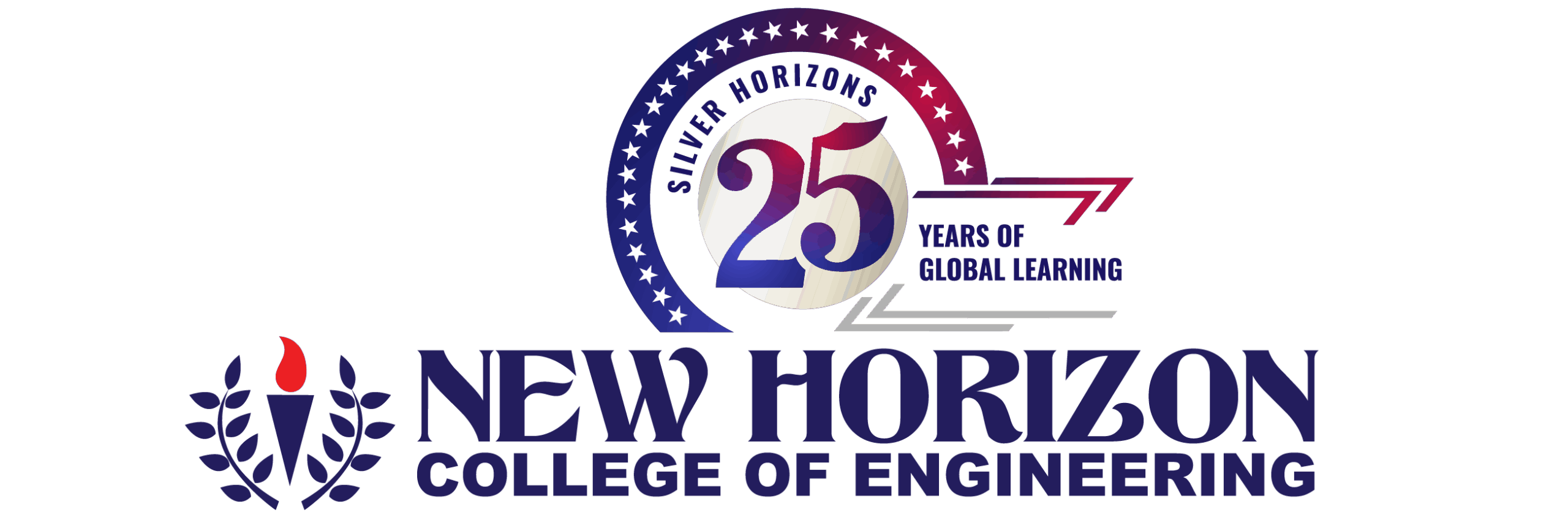Data Science v/s Artificial Intelligence: Key Differences
Data science and artificial intelligence (AI) are closely related fields that are frequently confused or misunderstood. There is some overlap, but they are still different fields with their own set of techniques, goals, and areas of interest. Data science and AI share some similarities, like using machine learning, but its technique and goals are very different. Data science engineering is primarily concerned with getting insights and knowledge from data to make decisions, whereas AI aims to create intelligent systems that can think, act and learn on their own.
In this article, we will look at the key differences between data science and artificial intelligence, including their goals, techniques, applications, and the skill sets required for each field.
What is Data Science?
Data science is an multidisciplinary field that uses principles and techniques from various domains, such as statistics, computer science, mathematics, and domain-specific knowledge, to gather insights and knowledge from large data. It is the systematic collection, processing, analysis, and interpretation of large and complex datasets in order to identify patterns, trends, and relationships that can be used to make decisions and other actions.
The main goal of data science engineering is to convert raw data into useful information that can be used to solve real-world problems, make processes more faster and efficient, and help people make informed decisions based on data. Data scientists use a wide range of programming, statistical, and machine learning skills to get useful data from both structured and unstructured data.
What is Artificial Intelligence?
Artificial intelligence (AI) is a branch of computer science that focuses on making machines and systems smart enough to carry out actions that typically require human intelligence, like, solving problems, learning, making decisions, and understanding language. The goal of AI is to develop machines that can think, act and behave like humans.
AI entails many different methods and techniques, such as, deep learning computer vision, robotics, machine learning and expert systems. The goal of these methods is to make machines learn from data,spot trends, and make decisions that are comparable to humans.
Are Artificial Intelligence and Data Science the same?
While AI and data science are closely related, they are not the same. Although they use some of the same techniques and methodologies, particularly in machine learning, they have different goals, approaches, and areas of focus.
Data science engineering’s primary goal is to extract insights and knowledge from data in order to make more informed decisions and solve real-world problems. Data scientists analyse and interpret large and complex datasets using statistical methods, machine learning algorithms, and data visualisation techniques. They concentrate on identifying patterns, trends, and relationships in data to uncover valuable information that can be used to optimise processes, improve products or services, or support strategic decision-making.
Artificial intelligence, on the other hand, aims to create intelligent machines and systems capable of mimicking or even surpassing human cognitive abilities such as learning, problem-solving, decision-making, perception, and language comprehension. Artificial Intelligence (AI) comprises a wider variety of methods and strategies, such as robotics, computer vision, natural language processing, deep learning, machine learning, and expert systems, to name a few. AI systems are designed to learn from data, recognise patterns, make decisions, and act autonomously, eliminating the need for explicit programming.
Differences between Data Science and AI
| Aspect | Data Science | Artificial Intelligence |
| Goal | Extract Insights and knowledge from data to make informed decisions. | Develop intelligent systems that can mimic or surpass human cognitive abilities. |
| Focus | Data analysis, interpretation, and visulatisation | Machine learning, perception, reasoning, and autonomous decision-making |
| Techniques | Statistical analysis, machine learning, data mining, data visualization | Machine learning, deep learning, natural language processing, computer vision, robotics |
| Applications | Business intelligence, predictive modeling, process optimization, data-driven decision support | Autonomous systems, virtual assistants, facial recognition, self-driving cars, intelligent robots |
| Skills Required | Statistics, mathematics, programming, data visualization, domain knowledge | Computer science, algorithms, machine learning, specialized AI domains (NLP, CV, etc.) |
| Data Handling | Focuses on extracting insights from structured and unstructured data | Uses data as input to train and improve AI models and systems |
| Approach | Descriptive and predictive analysis of data | Develop systems that can learn, reason, and act autonomously |
Job Prospect: Data Science and AI
| Aspect | Data Science | Artificial Intelligence |
| Job Roles | Data Scientist, Data Analyst, Business Intelligence Analyst, Data Engineer | Machine Learning Engineer, AI Researcher, Computer Vision Engineer, |
| Demand | High demand across various industries like IT, BFSI, e-commerce, healthcare, and manufacturing | High demand, particularly in sectors like IT, automotive, healthcare, and robotics |
| Top Recruiting Companies | Amazon, Microsoft, Google, Flipkart, Uber, Paytm, Ola, Swiggy, Zomato | Google, Microsoft, Amazon, Intel, IBM, Samsung, Nvidia, Alibaba |
| Average Salaries | Data Scientist: ₹8-25 LPA, Data Analyst: ₹4-12 LPA | Machine Learning Engineer: ₹8-25 LPA, AI Researcher: ₹10-30 LPA |
| Education Requirements | Bachelor’s or Master’s degree in Statistics, Mathematics, Computer Science, or related fields | Bachelor’s or Master’s degree in Computer Science, Mathematics, or related fields |
| Skills Required | Programming (Python, R, SQL), Statistical Modeling, Machine Learning, Data Visualization, Communication | Machine Learning, Deep Learning, Natural Language Processing, Computer Vision, Algorithms, Programming (Python, C++, Java) |
Conclusion
To summarise, while data science and artificial intelligence share some techniques, particularly in the area of machine learning, they are separate fields with their own goals, approaches, and areas of focus. Data science focuses on extracting insights and knowledge from data to drive informed decision-making, whereas artificial intelligence seeks to create intelligent systems that can mimic or outperform human cognitive abilities.
As organisations continue to generate and collect huge quantities of data, the demand for data science engineers and AI engineers will grow. Data scientists will be critical in unlocking data’s value through analysis and presentation, while AI experts will promote the development of intelligent systems capable of learning, reasoning, and acting autonomously.
FAQ’s
Yes, you can work in AI without a background in data science, since AI is more focused on developing intelligent systems using techniques such as machine learning, deep learning, natural language processing, and computer vision.
For someone with a strong mathematical background, Artificial Intelligence (AI) may be a better fit because it relies heavily on algorithms, statistical models, and mathematical concepts such as calculus, linear algebra, and probability theory.
In big data analytics, data science and artificial intelligence work together. Data science techniques are used to extract insights and knowledge from large and complex datasets, which are then used by artificial intelligence systems.





